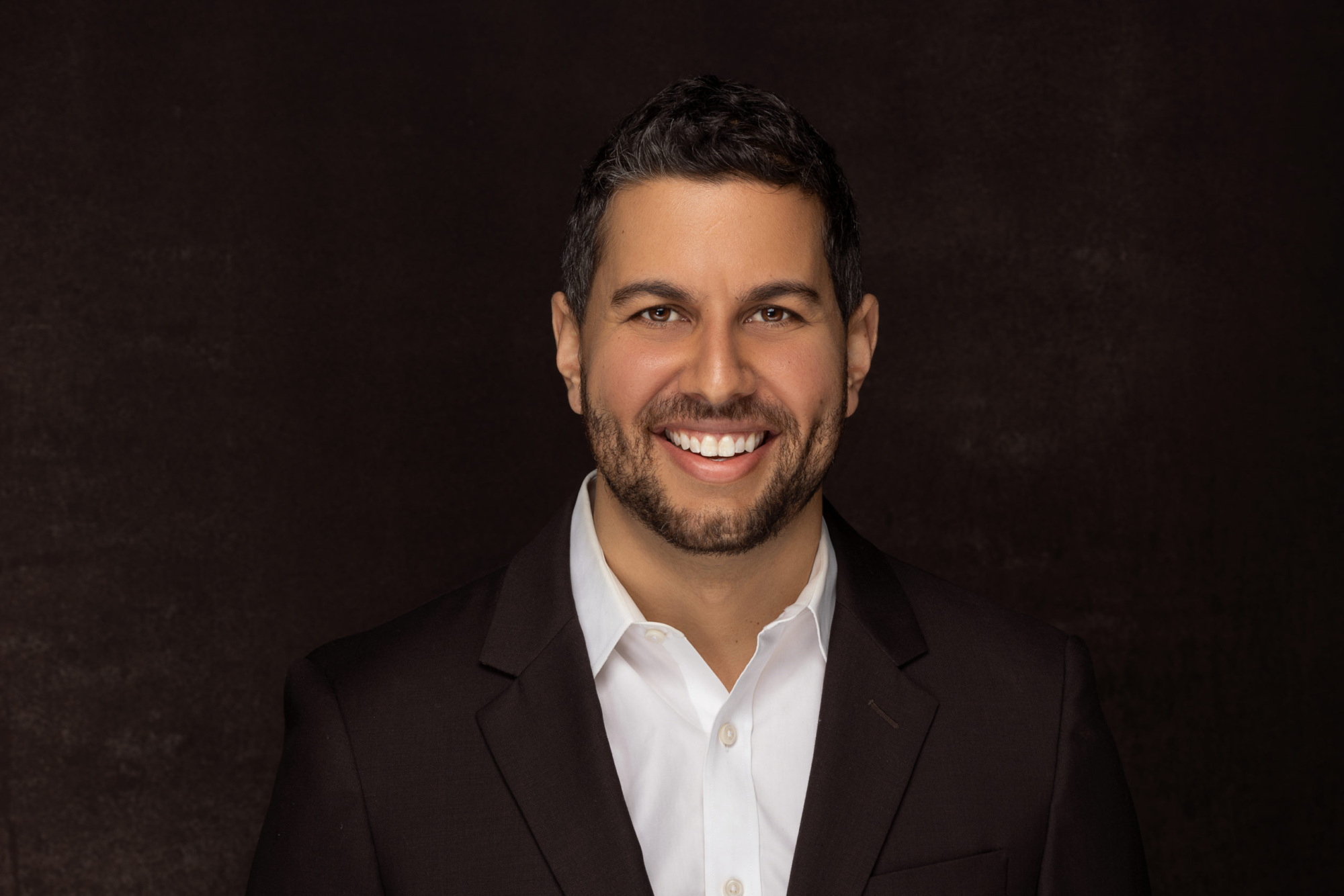In the News

Amir H. Ali
U.S. District Court for the District of Columbia on January 10, 2024.
On January 10, 2024, President Biden nominated Amir Ali to the United States District Court for the District of Columbia. Ali currently serves as President & Executive Director of the Roderick & Solange MacArthur Justice Center. He is also a Lecturer on Law and Clinical Co-Director at Harvard Law School, and an Adjunct Professor at the University of the District of Columbia David A. Clarke School of Law. Ali’s rich professional background in movement lawyering and civil rights litigation would bring much needed professional diversity to the bench.
Biography
Ali was born in 1985 in Ontario, Canada. He earned his B.S. in Engineering from Canada’s University of Waterloo in 2008 and his J.D., magna cum laude, from Harvard Law School in 2011. While at Harvard Law, he earned the prestigious Dean’s Award for Community Service.
Legal Experience
After graduating from law school, Ali clerked first for Judge Raymond C. Fisher of the U.S. Court of Appeals for the Ninth Circuit and then for Puisine Justice Marshall Rothstein of the Supreme Court of Canada. Following these two clerkships, Ali joined the law firm Jenner & Block LLP as a litigation associate. There, Ali quickly distinguished himself as a top-tier litigator and, during his fifth year, was chosen to argue Welch v. United States before the Supreme Court. The Court sided with Ali’s client in a 7-1 holding – making him not only one of the few associate-level attorneys to ever argue before the Court but also one of the few to win.
In 2017, Ali left Jenner & Block to join the Roderick & Solange MacArthur Justice Center. In Ali’s own words, the Center “believe[s] in a legal system that treats every person with dignity – as a human being – regardless of their social or economic power. Regardless of their race or identity.” The MacArthur Justice Center has been at the forefront of many of this nation’s major civil rights issues – routinely litigating high-level police accountability, unjust incarceration, and use of force cases. Ali was initially hired as Supreme Court & Appellate Counsel before being elevated first to Director of the D.C. Office, then to Executive Director, and now to President & Executive Director. Since joining the Center, Ali has litigated two cases before the Supreme Court (Thompson v. Clark and Garza v. Idaho). Ali won both cases, making him 3/3 in Supreme Court victories.
In addition to his litigation work, Ali also serves as a law school instructor, passing his specialized knowledge on to the next generation of attorneys at Harvard Law School and the University of the District of Columbia David A. Clarke School of Law. At Harvard, Ali serves as a Lecturer on Law, teaching predominantly appellate and constitutional law courses, as well as Co-Director of the Criminal Justice Appellate Clinic. At the David A. Clarke School of Law, Ali is an adjunct professor, teaching courses on Supreme Court practice.
Professional Activities and Accolades
Ali currently serves on the Death Penalty Information Center’s Board of Directors. The Center compiles research on death penalty cases in an effort to provide the American people with clear information on capital punishment in the United States. He also served on The Appellate Project Board of Directors from 2020-2023, including a year-long term as Co-Chair. The Appellate Project aims to increase the number of appellate lawyers of color through mentorship.
In addition to his legal work, Ali serves on the Board of Directors for the Mosaic Theater Company of D.C. The company “produces bold, culturally diverse theatre that illuminates critical issues, elevates fresh voices, and sparks connection among communities throughout our region and beyond.” He is also a Key Society Member for Pathways to Housing D.C, an organization dedicated to eradicating homelessness in the District of Columbia.
Ali’s impressive career testifies to his commitment to both equal justice under law and to providing high quality legal representation for all, regardless of wealth or status. The following cases illustrate his skill and dedication:
Related News
Support Letter
AFJ Letter of Support for Amir Ali
In the News
